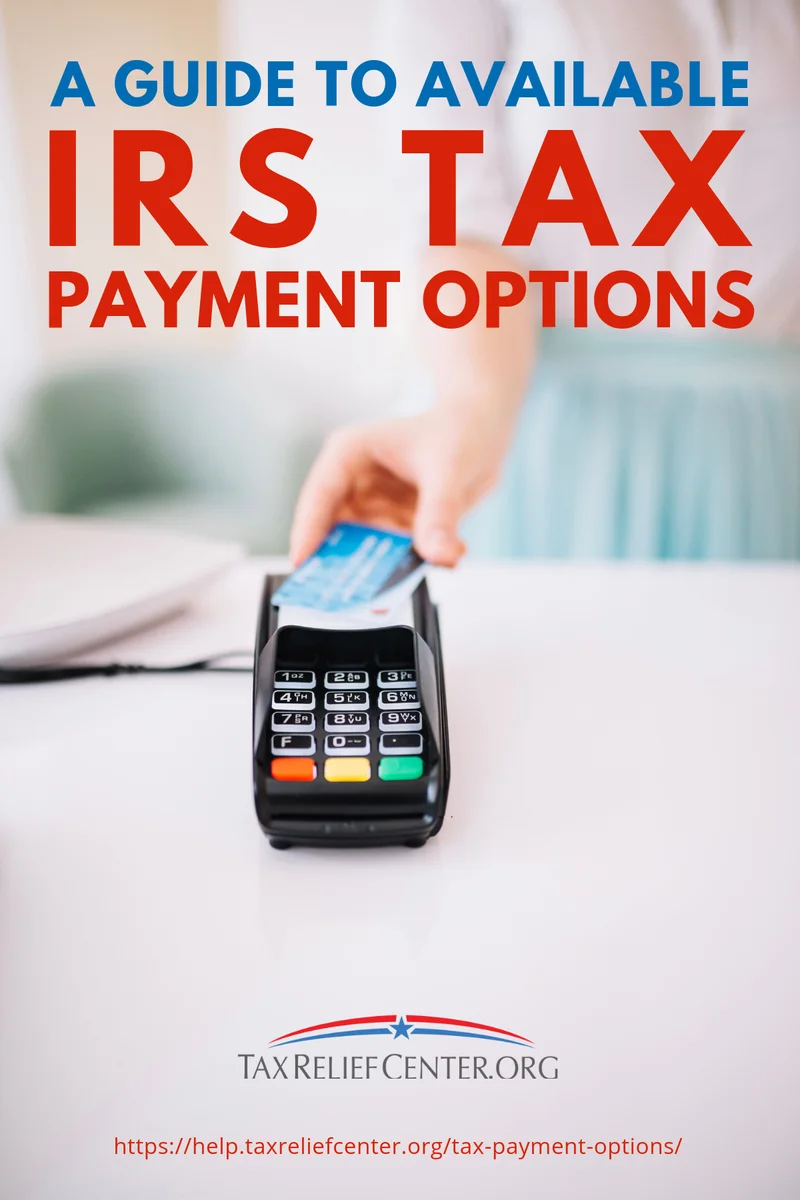XLM Insight | Stellar Lumens News, Price Trends & Guides
XLM Insight | Stellar Lumens News, Price Trends & Guides
Let's be honest. When you hear the words "IRS modernization," your eyes probably glaze over. It sounds like the title of a C-SPAN special you'd actively avoid. I get it. It conjures images of beige cubicles, endless paperwork, and bureaucratic jargon. But I need you to stick with me, because behind a recent Executive Order to phase out paper checks is one of the most quietly profound technological and social upgrades happening in government today.
This isn't just about saving trees or cutting costs. This is about dragging a cornerstone of American life—the way the government handles our money—kicking and screaming into the 21st century. It's a story about data, security, and, most importantly, our relationship with the institutions that serve us. And like any great technological leap, it’s filled with incredible promise and immense responsibility.
For decades, the IRS has been fighting a battle against its own "kryptonite," as the National Taxpayer Advocate so perfectly put it: paper. Paper returns, paper notices, and yes, paper refund checks. When I first read that a paper Treasury check is 16 times more likely to be lost, stolen, or altered than an electronic payment, I honestly just sat back in my chair, speechless. In an era where you can move your life savings across the globe with a thumbprint, we’re still entrusting billions of taxpayer dollars to a system that’s fundamentally, statistically broken.
This transition, starting with the 2025 tax season, is the government finally admitting that the analog era is over. It’s a move as significant in its own way as the postal service transitioning from horseback riders to a fleet of electric trucks. The core mission—delivering the mail, or in this case, your refund—remains the same, but the underlying technology changes everything about the speed, security, and scale of the operation. And while 94% of us already get our refunds via direct deposit, this story isn't about the 94%. It's about the 10 million people who don't.
This is where the real challenge—and the real opportunity—begins. A headline I saw recently warned, "As the IRS Phases Out Paper Checks, Vulnerable Taxpayers Must Not Be Left Behind." The cynic sees that as a roadblock. I see it as the most important design challenge of the entire project. This isn't just a technical problem; it's a human one.
We're talking about the 5.6 million American households that are "unbanked"—in simpler terms, they don't have a traditional checking or savings account. For them, a paper check isn't a nostalgic preference; it's often their only lifeline to the financial system. We’re talking about elderly citizens who are more comfortable with paper, people with disabilities facing technological barriers, victims of domestic violence who need to keep their financial information private for their own safety, and even religious communities like the Amish who avoid electronic banking.

Forcing everyone onto a single digital platform without a safety net is like building a glorious new superhighway but bulldozing all the local roads in the process. The people who can't afford a car or don't know how to drive are left completely stranded. The goal of modernization can't be to just serve the majority more efficiently. It has to be about building on-ramps for everyone.
And that’s exactly where the most exciting innovation is happening. The IRS is being forced to think creatively. They're formalizing an exception process, setting up dedicated phone lines, and stakeholders are even floating ideas like secure, Treasury-issued debit cards as an alternative. This is the kind of breakthrough that reminds me why I got into this field in the first place. This isn't just about tax administration anymore. This is a real-world stress test for financial inclusion.
It forces us to ask bigger, more profound questions. What if the success of this project isn't measured by dollars saved on postage, but by how many unbanked citizens it brings into a secure digital financial ecosystem for the first time? Could a mandate born from a desire for efficiency accidentally become one of the biggest catalysts for equitable banking we've seen in decades?
This is where progress gets messy, complicated, and beautiful. We have to ensure that the process for requesting an exception is simple and compassionate, not another bureaucratic nightmare. We have to ensure that the alternatives offered are genuinely useful and don't come with hidden fees or barriers. The ethical tightrope we have to walk is making the system better for the many without making it impossible for the few.
Ultimately, the shift away from paper checks is a symptom of a much larger, more important transformation. It’s about a change in mindset. For the first time, we're seeing a massive government agency being forced to think about user experience, accessibility, and designing for the most vulnerable members of society.
This whole initiative is compelling the government to think like a startup, to consider edge cases, to build a system that is secure and fast and accessible for everyone, not just the tech-savvy—it's a massive, messy, and absolutely necessary leap into the modern world.
This is more than just an IT project. It's a statement of intent. It says that in the digital age, government services should be built for people, not for file cabinets. It’s a recognition that efficiency without equity isn't progress at all. It’s the beginning of a government that meets you where you are, in the digital world you already inhabit. And that, to me, is a future worth being excited about.